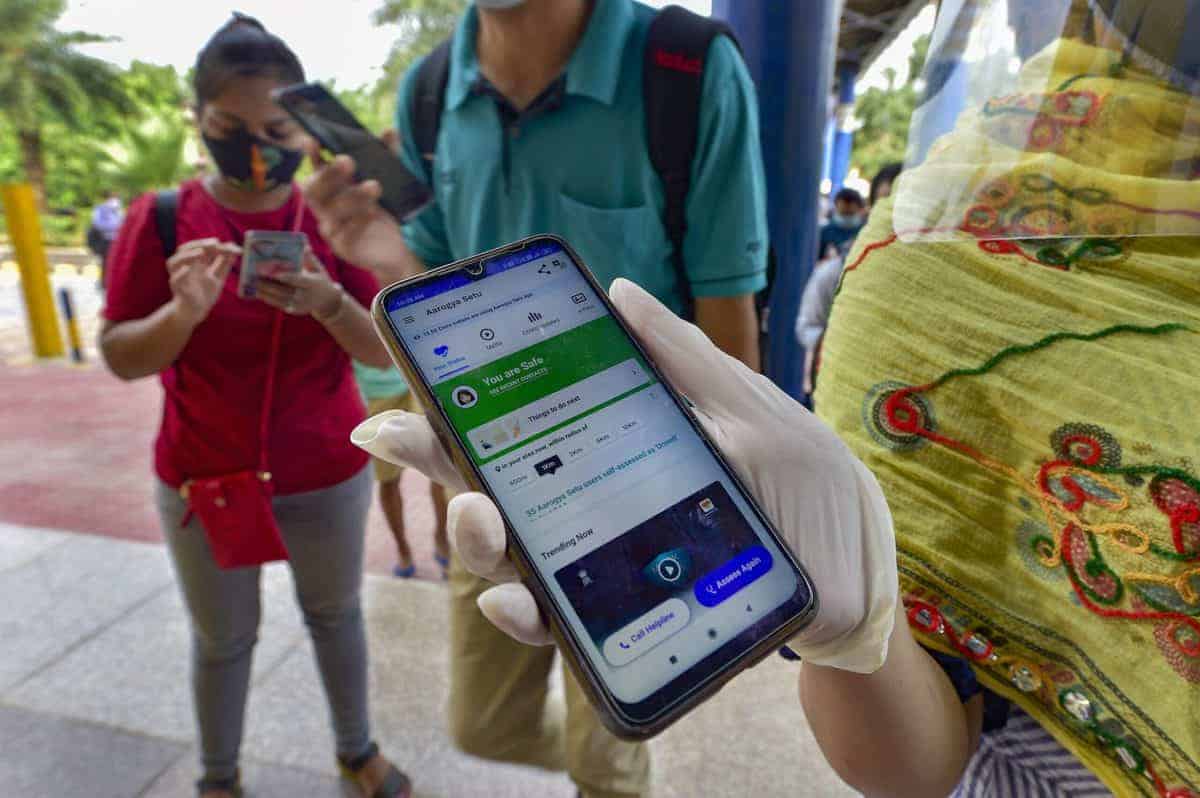Hyderabad: Fears of the government’s Arogya Setu app being misused now seem to have some credence, as a Right to Information (RTI) reply from Jammu and Kashmir (J&K) has revealed that the chief medical officer Kulgam (district) had in fact passed on user information to the JnK police’s IT department.
The revelation came through an RTI query which was filed by journalist Saura Das, who uploaded the J&K government’s response on Twitter today.
“Our fears have come true, at least on record. I can now confirm that at least one State Government has shared people’s Aarogya Setu data with a law enforcement agency. Jammu & Kashmir’s Kulgam district has done so with the Kulgam Police,” said Das’s tweet.
In its response, the Kulgam district’s chief medical officer told Das that the ‘positive list’ and ‘recovery and deaths’ of patients was shared with the J&K police’s IT department. The RTI information did not say as to why it was shared. Das, after obtaining the information, questioned as to why the police need health data, and whether even consent was obtained from the public by the government before sharing such data.
Das, an independent journalist, also raised questions about the privacy of citizens’. “The Reply has come after 4 months since NIC, which is responsible to handle Aarogya Setu and also maintain a list of such agencies/entities with whom data was shared (has not complied with this rule), transferred my RTI to Govt of J&K,” he said in his subsequent tweets and added that such usage of data without consent might be happening in other places too.
Ever since the Arogya Setu app was launched by the Centre to track COVID-19 patients, issues of privacy and security of citizens have been raised by activists and the general public. In fact, many organizations even made it mandatory for people to download the app, which uses a smartphone’s location to track movements.

